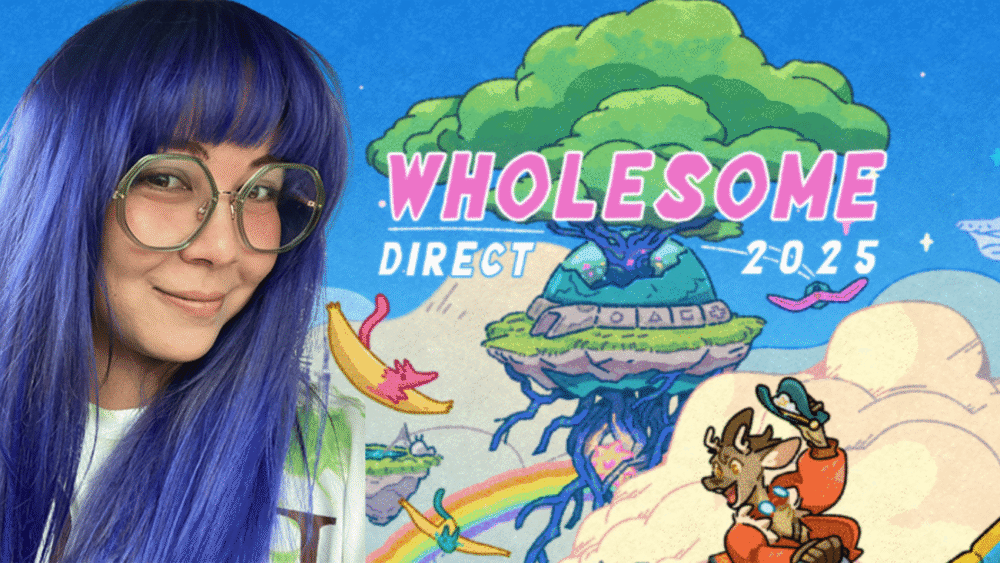
Confetti’s Cozy Corner: Interview with Jenny Windom of Wholesome Direct
I recently had the honor of interviewing Jenny Windom, online name Kimchica, talk about Wholesome Games. I wanted to find out what goes into curating an entire ‘Direct’ during Summer Game Fest, and her cozy game philosophies.
Windom is a wealth of knowledge and the epitome of ‘going at your own pace can yield successful results”. I hope everyone walks away with something meaningful that inspires them to keep pursuing their dream, no matter the hardship.
Confetti: Tell everyone a bit about yourself!
I’m Jenny Windom, I’ve been in the game industry for, golly, I think it’s like eight, almost nine years. I’m like, getting close to a decade in the industry, which is kind of wild to think about. I’m probably most recognized for my work as part of the Wholesome Games team with fellow organizers Matthew, James and Victoria, and as the returning host of the showcases. But I do work within the spheres of community marketing, influencer strategy, production, and game funding. I’ve worked at the publisher level, I’ve worked at game funds, and I’ve worked at studios. So I’ve had the opportunity to really see how the industry works on a lot of those levels. I’ve also worked as a content creator.
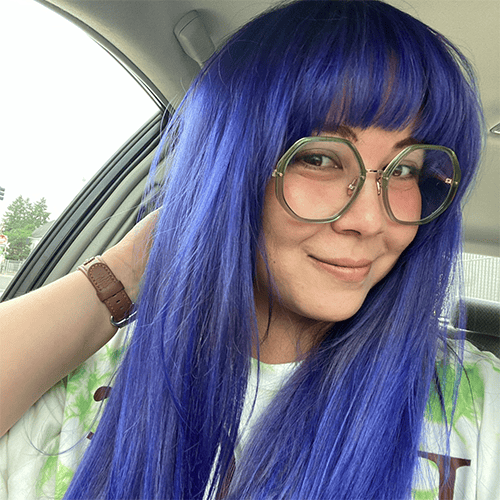
So, yeah, I feel like I have a really a holistic view of the space, which is really neat. I’m really passionate about getting people to enjoy media in general, but really i like to take the time to think about the media we engage with and especially to think about games. I say often more critically, not necessarily to be more like academic and “ooh so smart”, but just to really engage with something that we connect with in our lives.
So I also founded a game club called Geeks and Grounds, where we gather like a book club to go through a game and just talk about how it relates to us and our lived experiences, which I think is really important for any media.
What inspired you and your team to create Wholesome Games?
Shout out to Matthew and James who get full credit for starting up the social accounts and Wholesome Games the brand. As legend has it, they were talking about finding ways to highlight games that they really loved and that they didn’t really have a space for on the internet at the time. So they created these channels, on Twitter at the time, and started highlighting these games in the hopes of finding other people who appreciated and liked them as well. It was really exciting and I was an early adopter. I was there, just enjoying the account. And I knew that they were doing something similar to what I was doing was in highlighting these games that we didn’t have the words for at the time, but now we call them cozy, uplifting, wholesome.
We also focused a lot on indie games because that was where a lot of this was really happening and concentrated. At PAX East 2020, I pitched this panel that asked “why do we actually need cozy games?” and I invited them to be a part of the panel. After that, we were talking and then everything locked down and shut down. So we said, “hey, there are no more physical events, why don’t we do something to uplift the community”, and that was when the first showcase happened. After that, we’ve really just been working as a team since then, which has been really great.
What goes into creating an entire direct for an event like Summer Game Fest?
Every year I’m amazed and really proud of how it comes together. This is something that we think about it all year round, but I think the active production and preparation really begins about six months ahead of time when we start preparing for submissions. We have to take into account what developers and publishers have available, so we have to be sure to communicate ahead of time to the studios and the publishers.
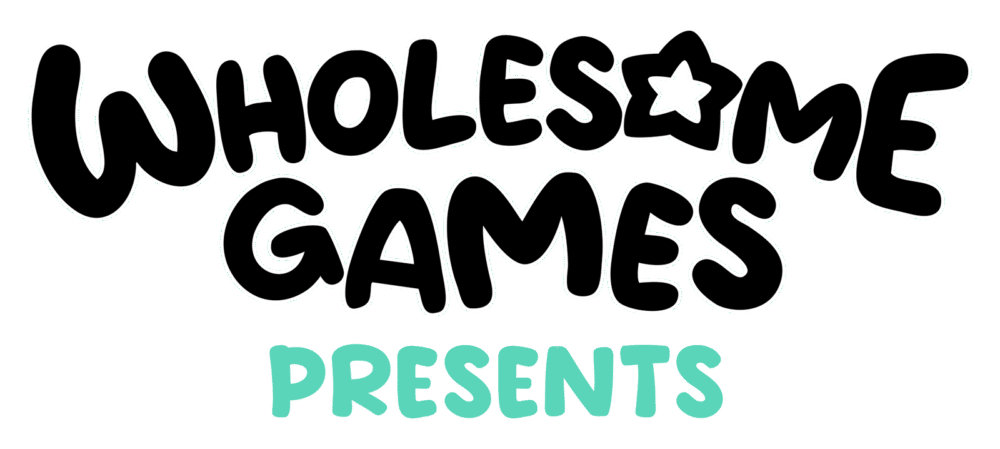
You need to have content ready if you want to be a part of it, so it’s not just us saying “we want these games in the direct, let’s get them in”. We have to assess if they have everything ready to help them put their best foot forward so that everyone looking at this game sees it in its best light. We get thousands of submissions that the four of us evaluate. Every single game gets looked at by the team and that takes a very long time.
After we evaluate the games, we send out the acceptance and rejection notes and then work with the teams to make sure their content is ready. So this is a pretty involved process. And it’s also not just us. At this point now we have scripts that we write where we bring in creators who get to help be a part of these announcements, which is, for me, one of the most exciting things that we’ve updated recently with the showcases.
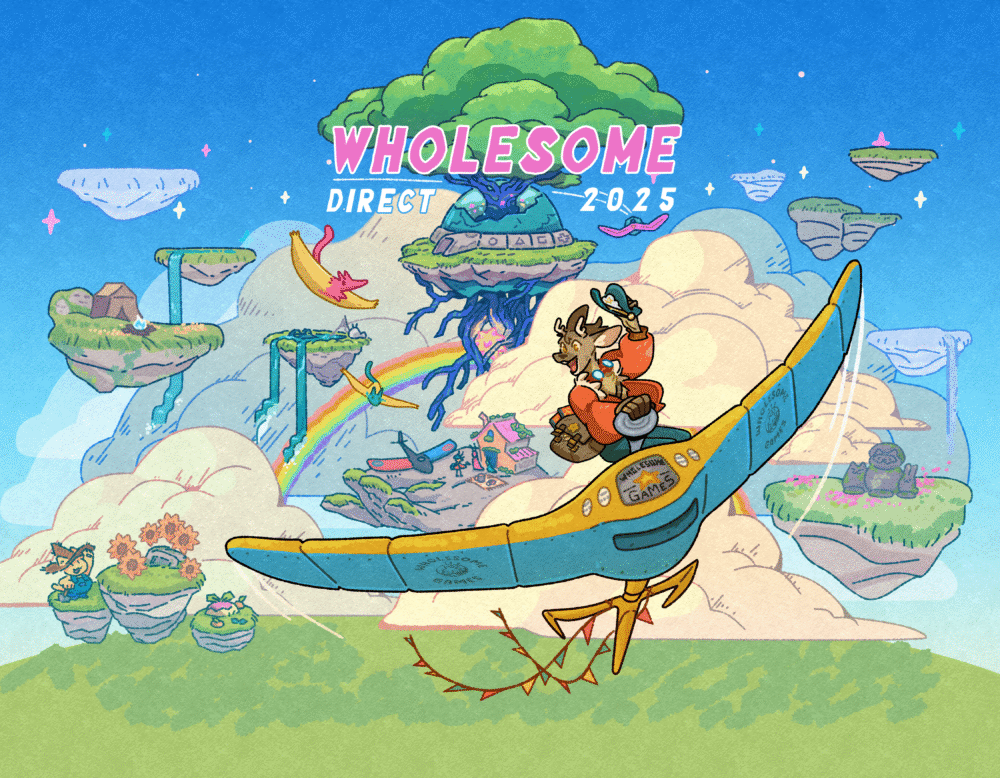
We not only have to have the games ready, we also have to have scripts prepared and ready for creators to record so we can put it in the edit, and then we we need to have it already ahead of time so that translators have time to translate it. We have a host of translators who are incredible and who volunteer their time to be able to make sure this is accessible in multiple languages. We talk about how there’s four of us as a part of Wholesome Games, but this is absolutely a huge community effort.
That takes a lot of time to get to where it is for a one hour showcase, you know, on a Saturday morning in June!
During the Wholesome Direct, you raise money for a charity. What inspired that decision, and what goes into choosing which organization you want to work with?
Yeah. I’m super proud of it. All of us wanted to make sure that real world good and change came from the showcase. That wasn’t a question at all for any of us, as we talked about what we wanted from the show. It was really exciting, on a personal level, to know that these other people I was working with were all on the same page, especially with Wholesome Games.
Games are such a powerful force for gathering and for people to come together, it would be a shame not to do anything. But also, I think what’s really important to us is the idea of wholesomeness or coziness or even kindness to some extent. That can often be misinterpreted as “oh, this is just toxic positivity, this is purely escapism, this is purely just being sweet, saccharine without any real implication or understanding of the world around you”. I think what is really important to us is to show that this act of embracing wholesomeness, coziness and kindness is revolutionary and is a verb.
We want it to be associated with taking action to make the world a better place. Not just sitting comfy, cozy, and ignoring everything that’s going on. For us, wholesomeness is about that action, that hopefulness that you can make something better.
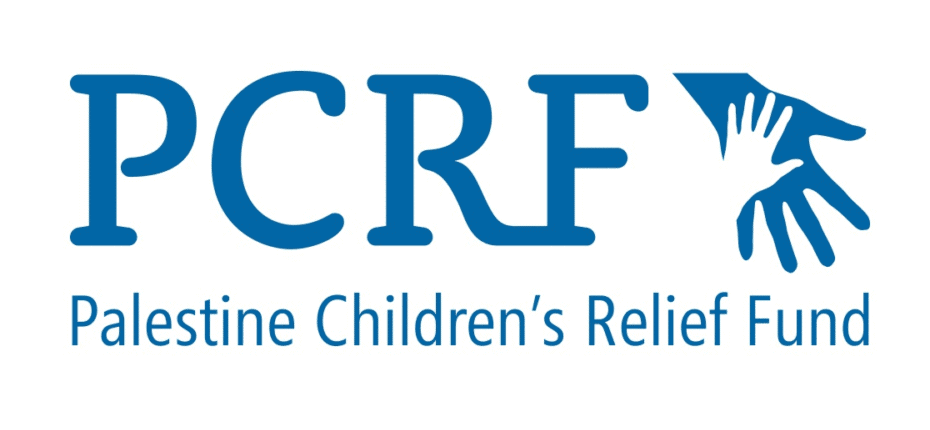
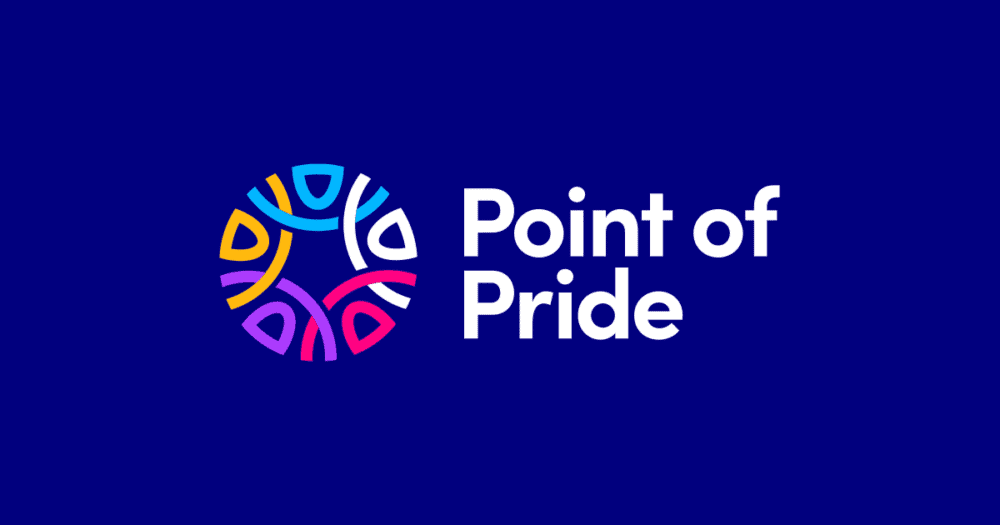
It’s really hard choosing our fundraising partner every year is, kind of like our game selection. We all come with causes we’re passionate about and organizations that we think are good options. We like to work with groups that work on the ground or directly with the people that they’re trying to support, because that’s really important to us. And ultimately it comes down to what do we feel both we’re passionate about and that we really care about, and that our community really cares about?
This year, we worked with Point of Pride, Palestine Children’s Relief Fund, Peace PCF and a bunch of other groups that have all supported causes that we feel really passionate about. And it’s hard because every year we wish we could do more, you know?
What challenges and triumphs did you and your team encounter while building the Wholesome Games brand for the last five years?
We all have a lot going on, which was one of our initial challenges. Despite everything, we wanted to invest time and energy into making Wholesome Games what it is today and what we hope it will continue to be. It’s exciting that we can now dedicate more time to what started as a project and has grown into its own entity. Early on, I worried about how niche our audience might be and whether people would stay excited about Wholesome Games after the first and second years. I feared that after two years, people might move on to something else. Thankfully, that nervousness motivated us to ensure we weren’t just sticking to a limited definition of what Wholesome Games could be.
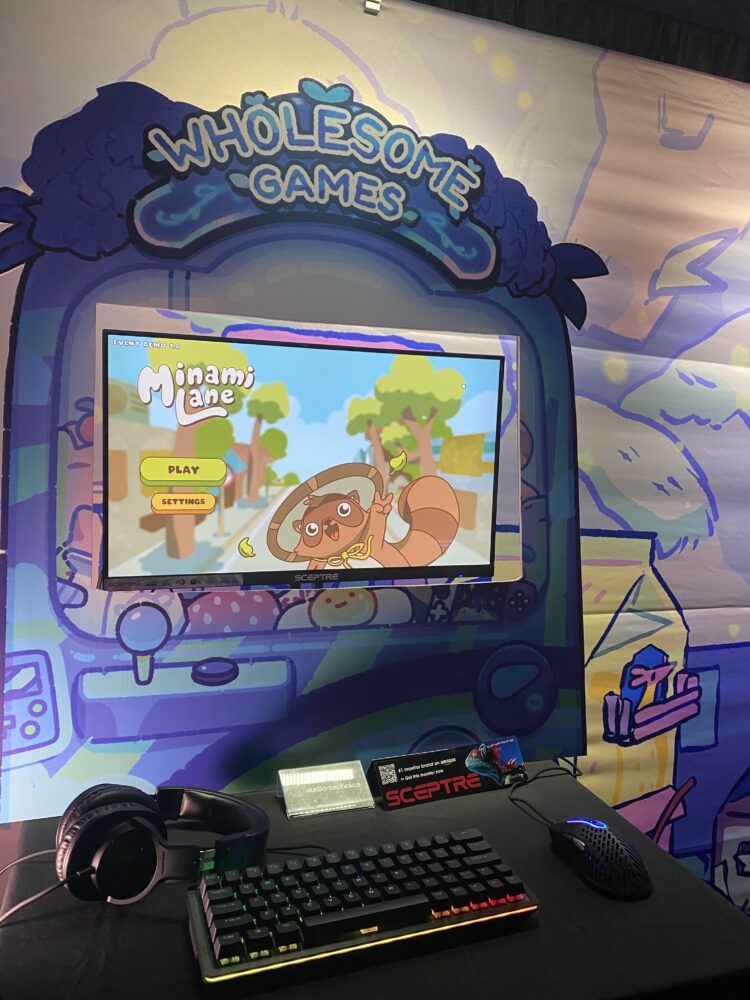
Some feedback we got early on was the criticism ‘Is this just going to be a farming sim showcase every year?’ And that was a valid point that pushed us to have very intentional conversations. We made a conscious effort to broaden our scope and highlight the true range of games in this space beyond just farming mechanics.
At the same time, we wanted to deepen the emotional core. It’s crucial for us to avoid ‘toxic positivity’—being cute just for the sake of being cute. We’re drawn to games that focus on hope rather than just comfort. They might not be happy all the time, but they’re about striving for something stronger and better, and that’s a key part of our curation.
This philosophy also guides how we grow. The biggest challenge is resisting the capitalistic pressure to expand rapidly. We’d rather grow slowly and sustainably because we treasure the trust we’ve built with our community and developers. That trust is everything. So, going slow and steady has been both our biggest challenge and our key to success. We’re always intentional with our choices to make sure we don’t break the faith people have placed in us.
What impact do you aim to make on the community you’ve all built on cozy and indie games?
We hope to inspire more organizations, showcases, and streamers to to find ways to show up in your in whatever capacity and way that feels right to you and your community. That’s what that’s what it’s about. It shouldn’t be one group just doing it, that’s important. It’s about saying “hey, let’s all do this”. And in all the little ways we’re doing it, that’s when the change is happening. So we hope it inspires people to do more.
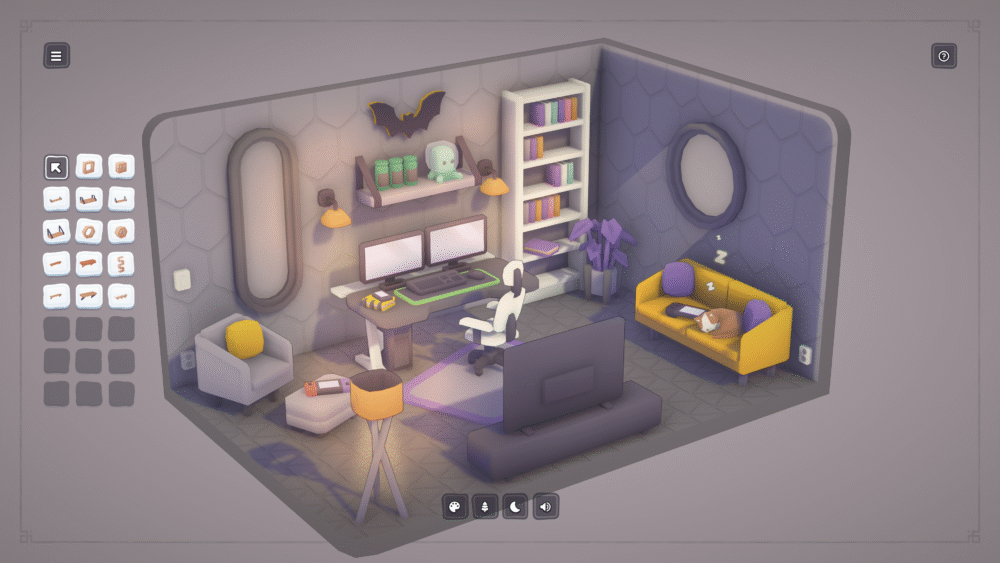
What defines a cozy game to you?
I do personally distinguish between cozy and wholesome. For me, coziness is more of a vibe or a feeling. It’s personal and can happen in almost any situation. For example, I can feel cozy in a Resident Evil safe room because I’m safe from the zombies and just organizing my little suitcase. But nobody would argue that Resident Evil is a cozy game overall. So coziness can be an element you find within games, but it doesn’t define them.
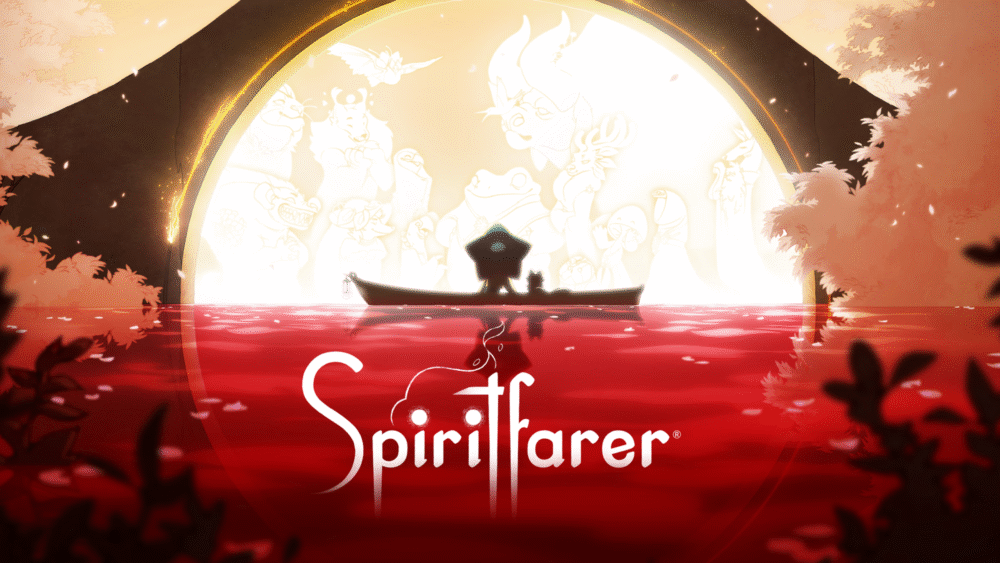
Wholesome, on the other hand, is a much broader concept for me, built on a foundation of safety. This means safety to explore the game’s mechanics and world without fear of jump scares or violence, but it’s also about the safety to engage with challenging emotional topics. A game like Spiritfarer is a great example; it deals with death and grief, but it does so in a way that allows you to safely process those heavy emotions.
That sense of safety ties directly into the other key components: hope and approachability. A wholesome game leaves you with a feeling of warmth and encouragement, even when its themes are tough. It’s designed to be accessible to many different kinds of players. This is exactly why I consider a game like Celeste to be wholesome. While it can be incredibly difficult, its core message is very hopeful, and the way it allows you to adjust so many accessibility options is incredible. So for me, Celeste is a prime example of a game that is wholesome, but not necessarily cozy, and that really highlights the difference.
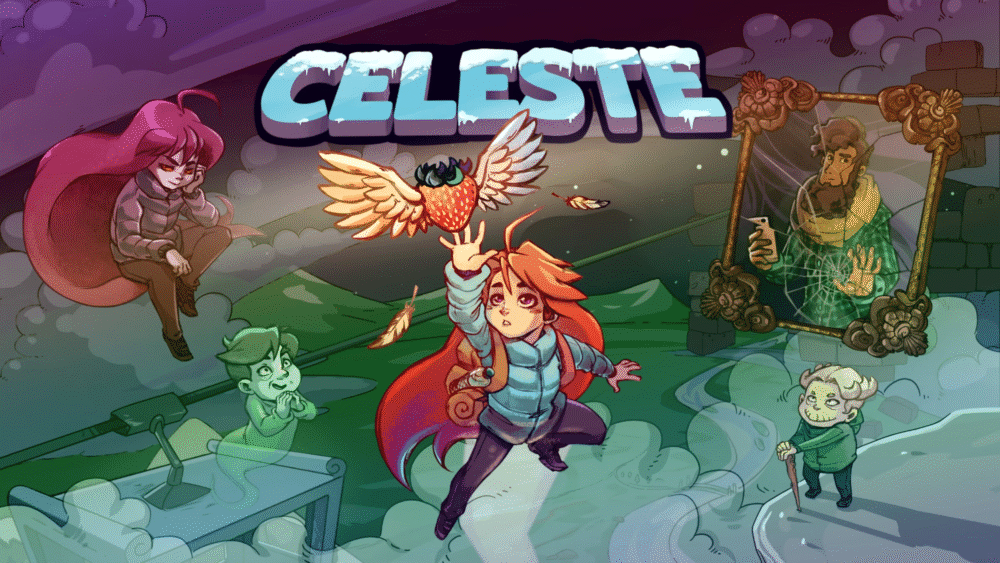
What made you step into the world of games publishing, and what goes into stepping into that role?
It really started from two things happening at once. On one hand, the four of us have backgrounds in different parts of game development, and we realised we had this specific skillset, industry knowledge and connections, that could really benefit a certain type of developer. At the same time, we had built these great relationships with developers through our showcases, and they started asking us for exactly that kind of support.
With people asking for help and us realising we could provide it, we decided to dip our toes into publishing. Usagi Shima was the first game that was a Wholesome Games Presents published title, and it was incredible.
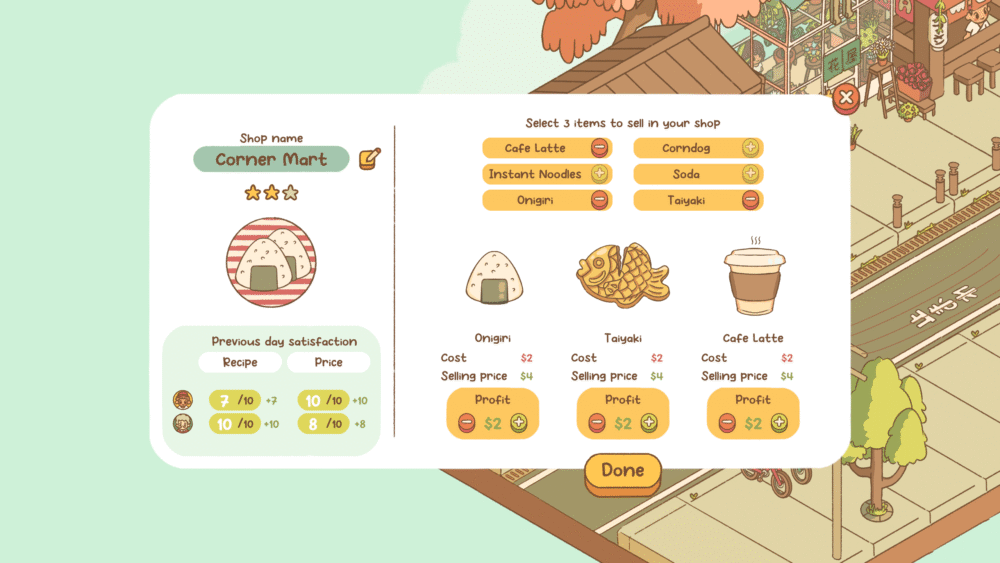
We’re not a traditional publisher offering huge amounts of money. Instead, we offer our expertise and support for developers who want to make smaller, sustainable projects for the audience we’ve already fostered, without the pressure to blow up the scope of their game.
We started very slowly and intentionally to make sure we could provide real support without losing what makes Wholesome Games special. Our first published title was Usagi Shima, which was an incredible way to test the waters. It worked out really well, and we now have Usagi Shima, Minami Lane, Make Room, Is This Seat Taken and Fishbowl we just recently announced. It’s been really exciting to find this niche where we can be a real benefit to developers.”
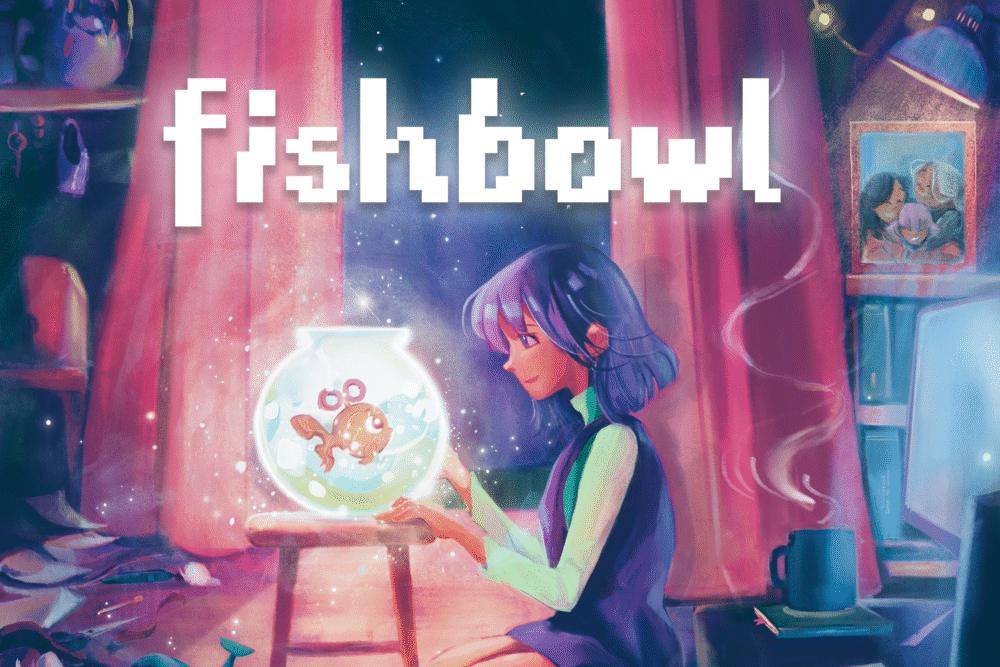
What advice would you give to underrepresented individuals aiming to break into the games industry as a developer and/or content creator?
I think the biggest thing, you do have to you have to be prepared and you have to be determined, especially right now. There’s no way of sort of softening the news that the industry is a mess right now. It is going to be a challenge to get in and get a foothold, so it does require a bit of determination. It requires, community and getting to know people and not like ‘I’m going to get to know you because I think you can get me things’, but more like a ‘I’m going to get to know you because we’re in the same boat’. A rising tide lifts all ships and we’re going be in this together. We also are going to share the experiences and share our lessons.
Whether you’re making a game and you have a story you want to tell, or whether you’re a content creator trying to figure out what it is that you’re going to bring that makes your stream stand out. I would say try to look at yourself, find your story and not shy away from it, because I think it can be really easy to look at what is being successful right now, and try to fit yourself into a popular mold rather than focusing on your uniqueness.
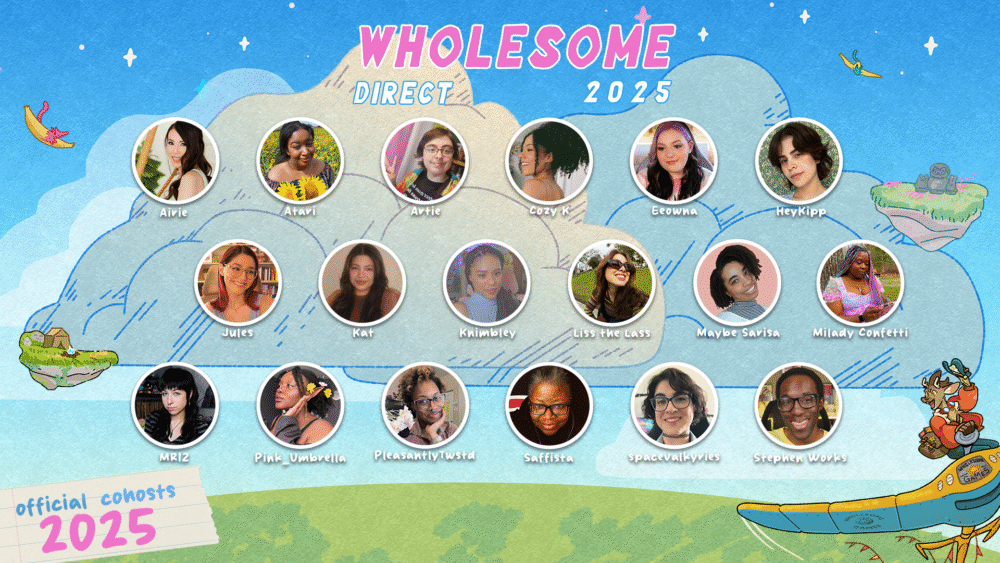
Maybe that can work in the short term, maybe get you the foothold; but, at the end of the day is it going to be sustainable? A lot of times it’s not. So you have to recognize what you truly bring to the table and be willing to like really sit with that, and embrace it. That can be really scary, especially when you are in an industry that doesn’t have other examples like you. You have to be willing to embrace it.
The lesson I’ve learned is to hype other people up, bring other people into the space. You don’t know who’s doing that for you, and you want to be the person to help lift other people up. Mention names when you’re in rooms and bring other people in, because that’s the only way it’s going to improve for everyone.
Looking ahead, what’s your hope for the games industry, particularly with cozy and indie games?
I hope developers continue to explore what what it means to them to create for like, coziness or wholesomeness or hopefulness. I hope we see folks continuing to explore with genre, tone and mechanics. I think it’s cool because we’re seeing a little bit of that already with games like Grave Seasons, where they’re taking on these typically very cozy, wholesome genres of like the farming sim and then adding a little bit of a twist, like the werewolf twist in Grave Seasons. I hope we see developers continuing to explore what it means to them to create within this space or using elements from the space.

I hope publishers and people with money don’t try to extract from this audience without understanding what it means to be a part of this space. I hope they also, give respect to the weight that this community, audience, and people who play wholesome and cozy games deserve. In many cases it still may be looked down upon or seen as, ‘oh, it’s just this trend that we’re going to jump on’. I hope they continue to learn about what it means to be in the cozy space and that it is really significant.
I hope the people within the industry can continue to weather what’s happening right now through, not just like hunkering down, but pushing for organizing. I think we need to collectively organize, unionize and build structures to protect the workers in this industry from the companies who are continuing to mismanage funds and people, especially as we pivot towards AI usage in a lot of these places. These games try to encourage us to envision better, stronger, brighter futures for all of us, and I hope we’re able to do that.
The 2025 Wholesome Direct was a giant success. What’s next for the Wholesome Games team?
We’re already preparing for the Wholesome Snack, which is our second showcase of every year in December. Also, every August we have a Wholesome Games celebration on Steam where you will be able to pick up a bunch of Wholesome Games at a discount, save some money and discover some new games to play!

Those are the next things. Every year with everything that we do, we change one little thing to see how it can maybe improve it and keep growing, in a slow and sustainable way. And we hope Wholesome Games to be around for a long time.
How do people keep up with you?
You can find all information for events on Wholesome Games at wholesomegames.com. if you’re looking for a place with a book club style to reflect on games and talk with other people who are also passionate not just about video games, but the ways that they connect with our life experiences and being thoughtful about the discussion there, you can go to GeeksandGrounds.com.
Follow Kimchica on her socials:
Website: geeksandgrounds.com
Bluesky: @kimchica.bsky.social
Instagram: @jennywindom
TikTok: @kimchica
YouTube: youtube.com/kimchica
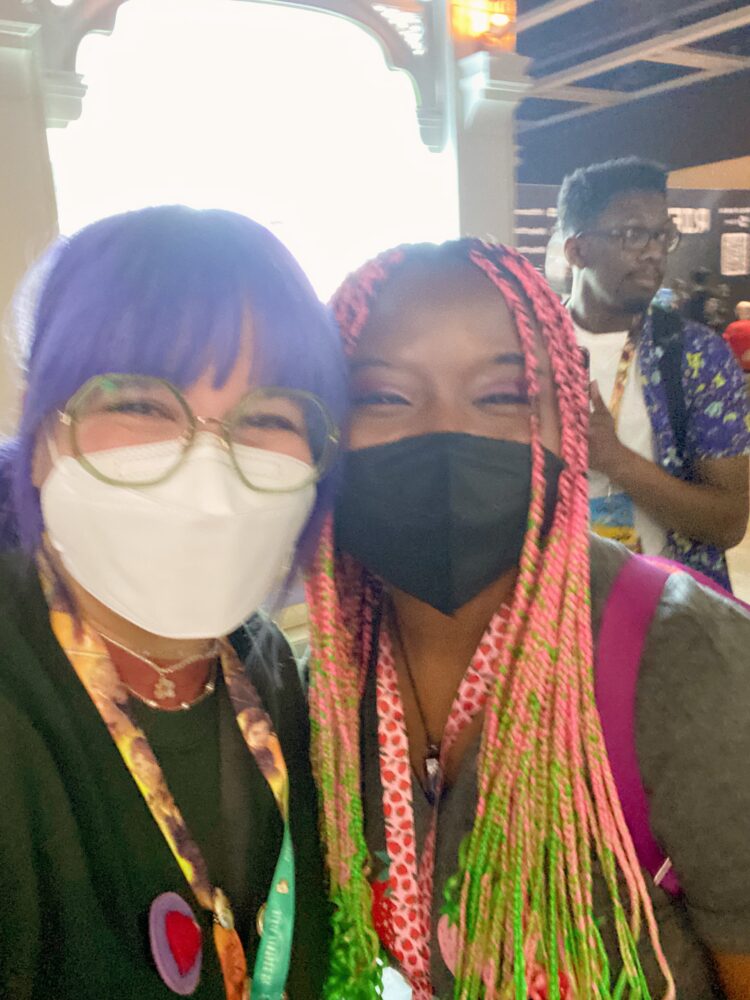
Thank you SO much Jenny for your time and wisdom on the games industry. If you want to check out this interview in video format check out the video below!





